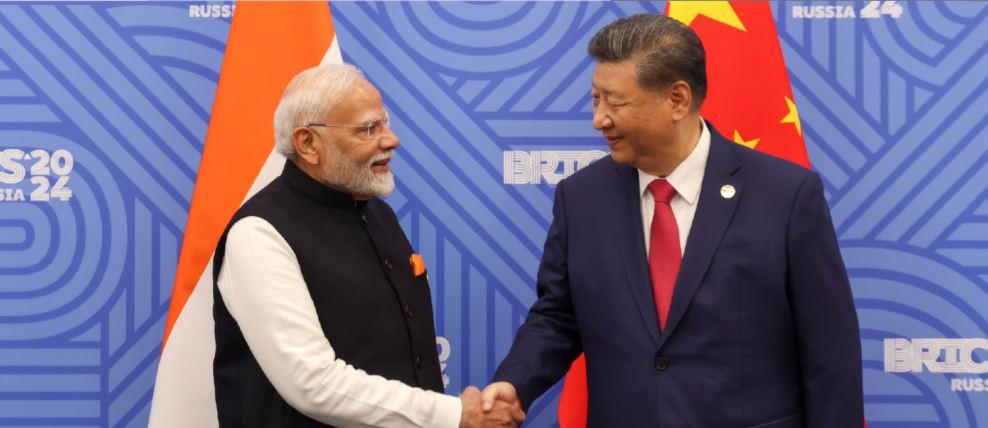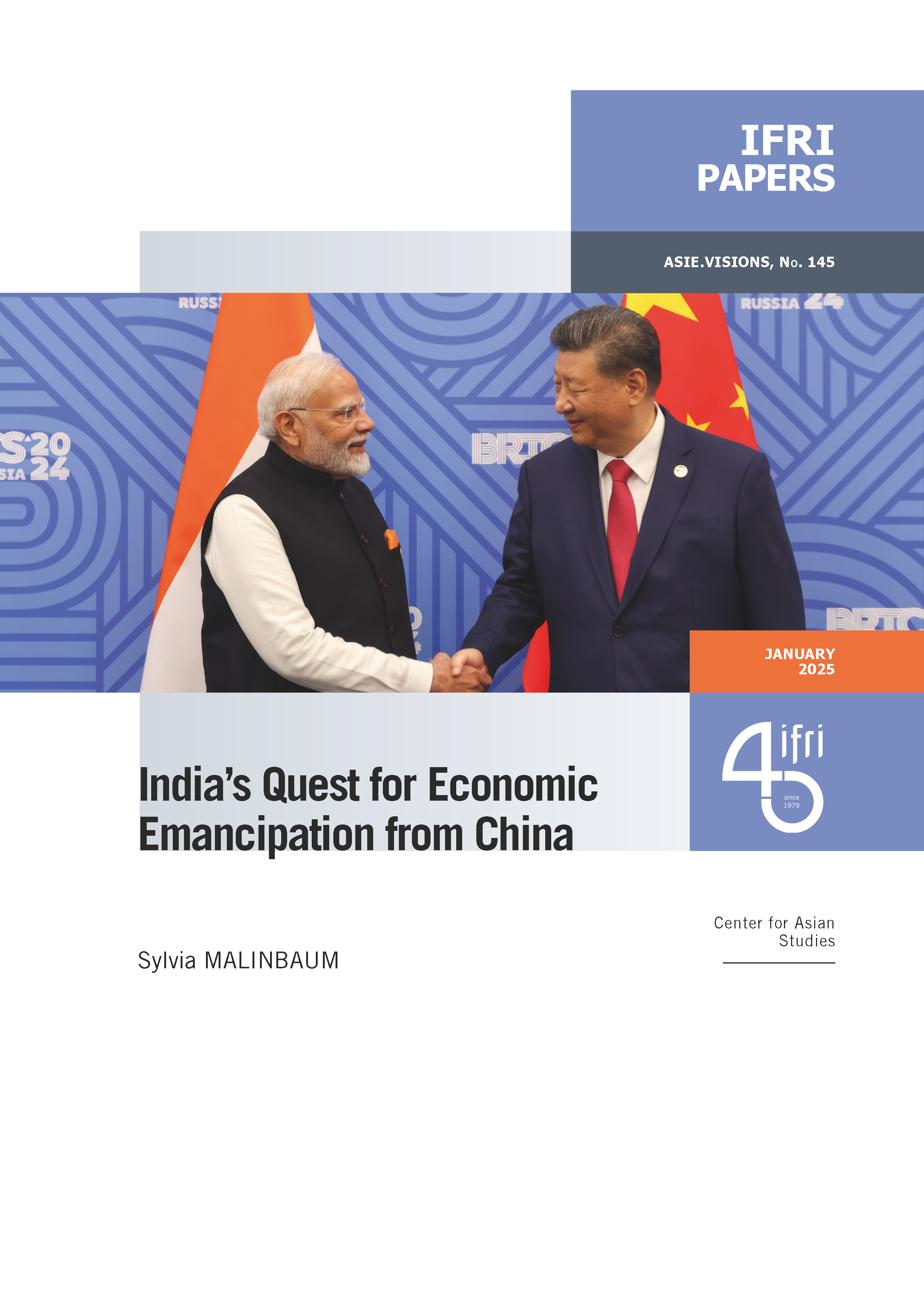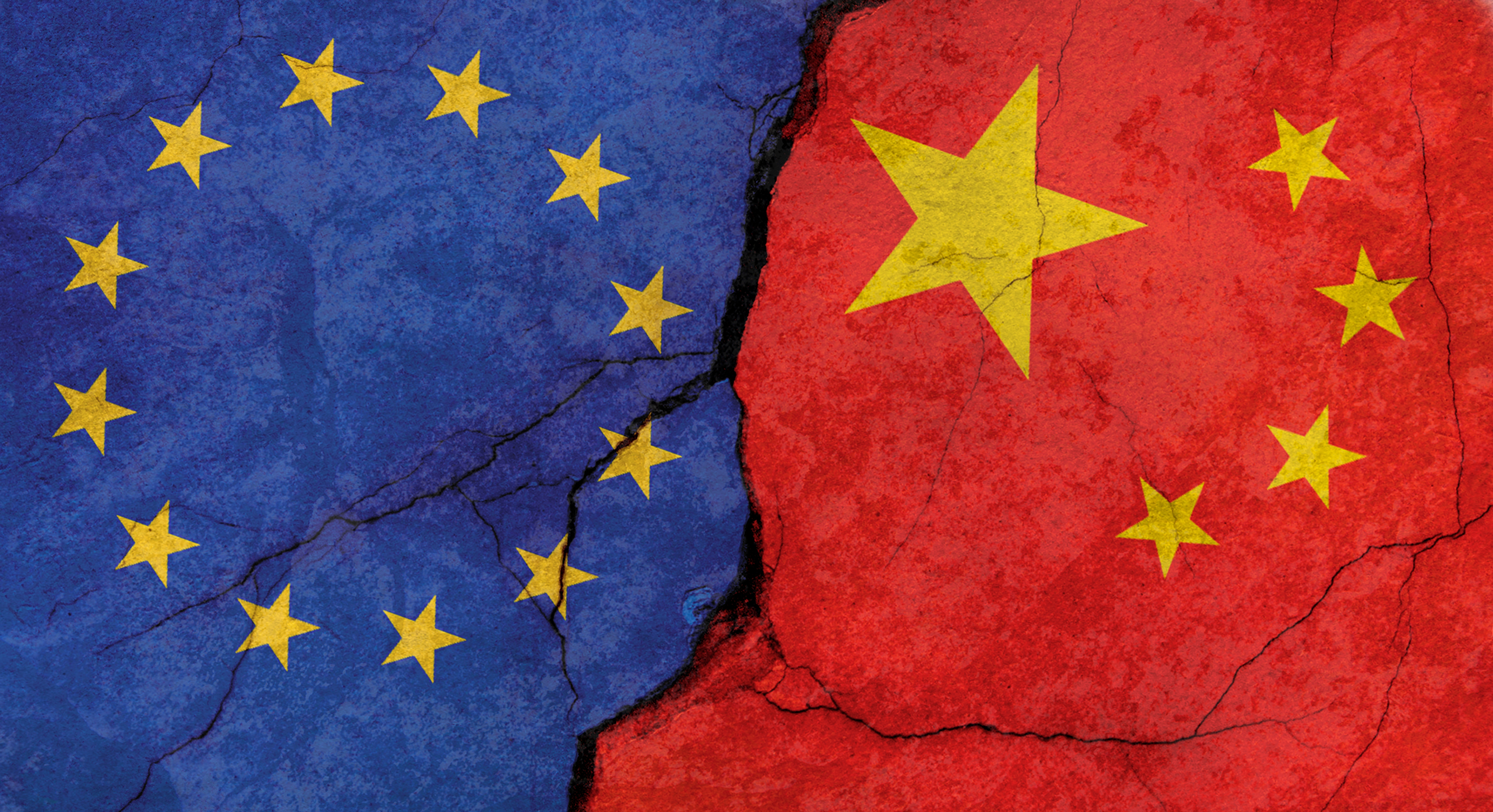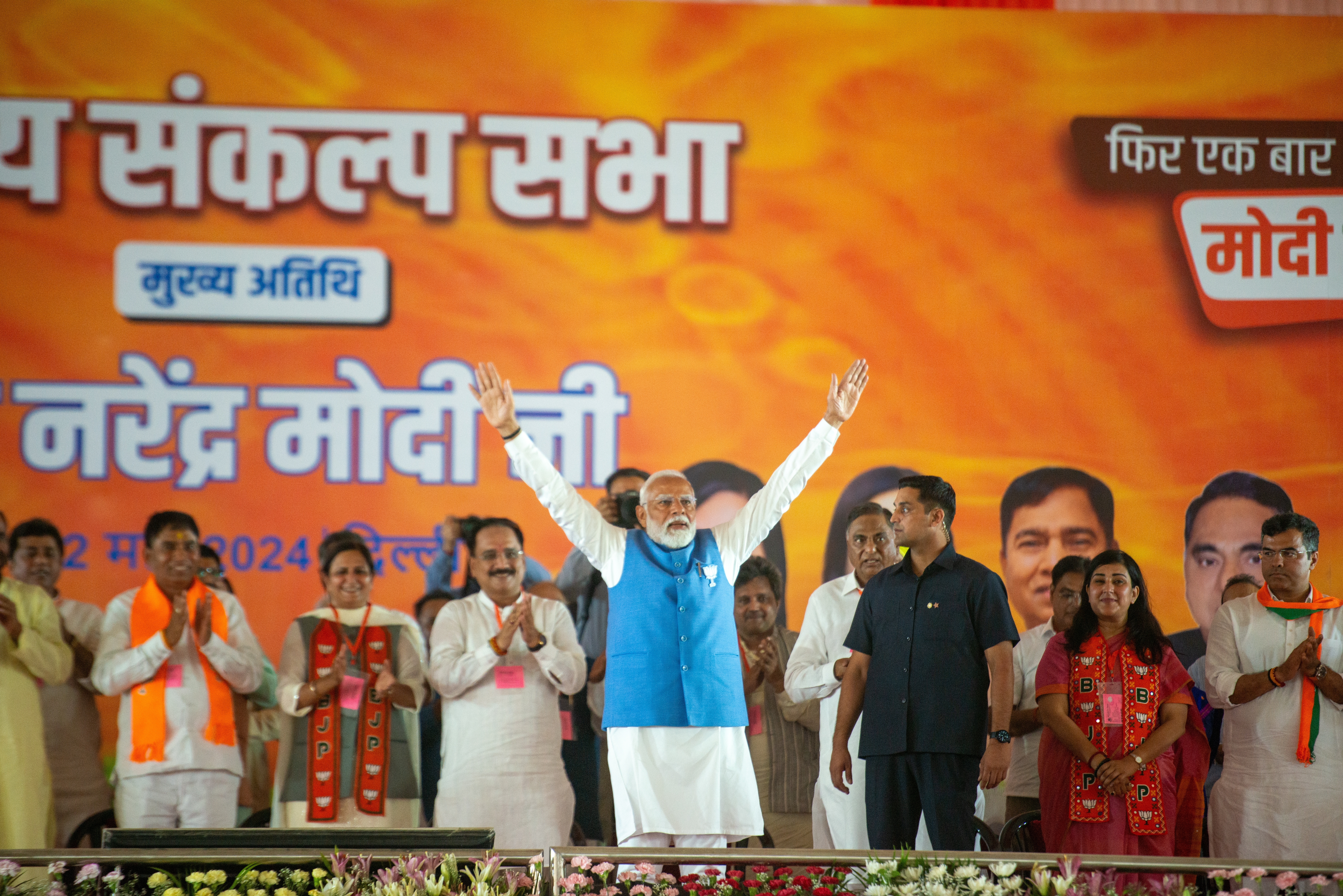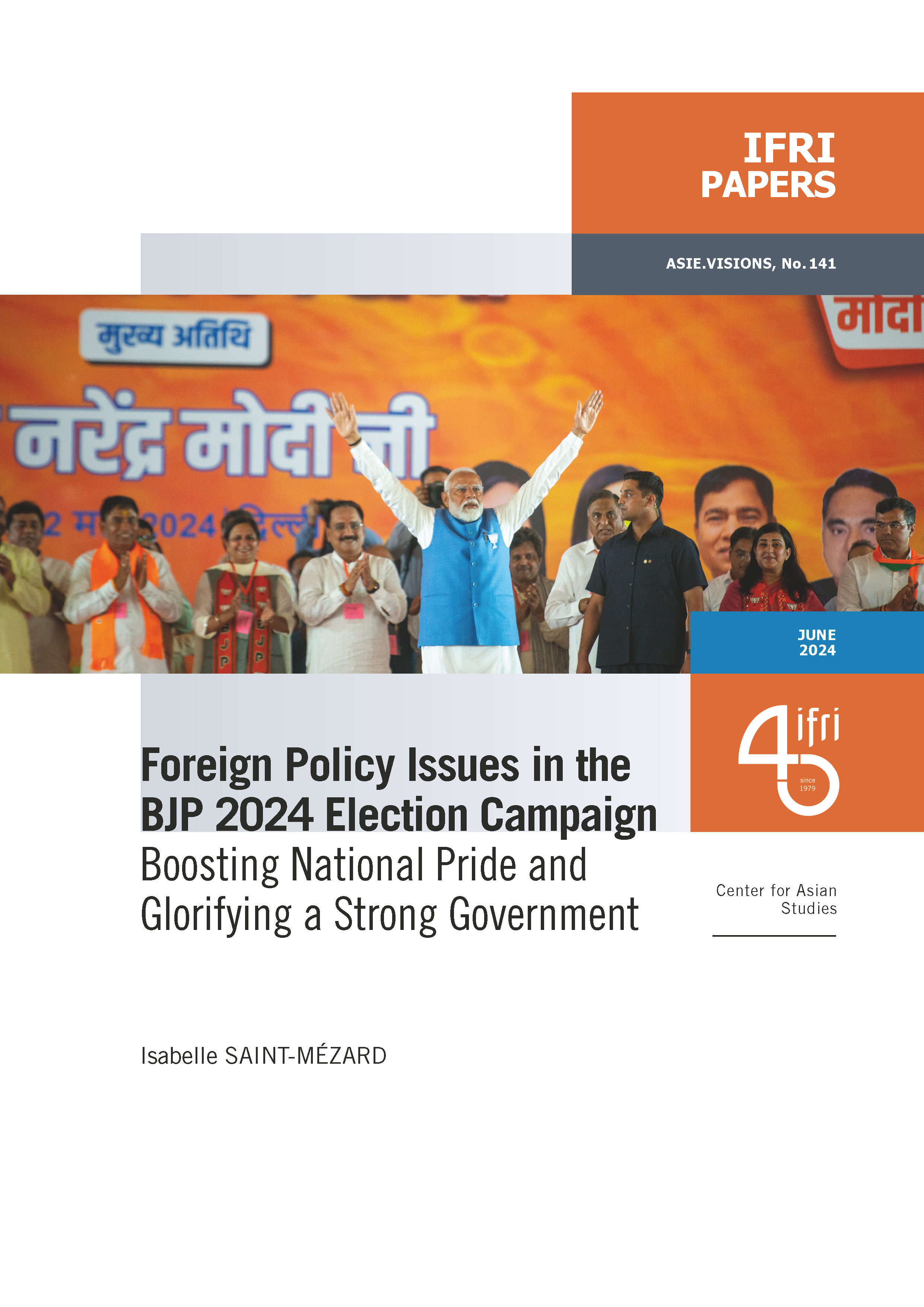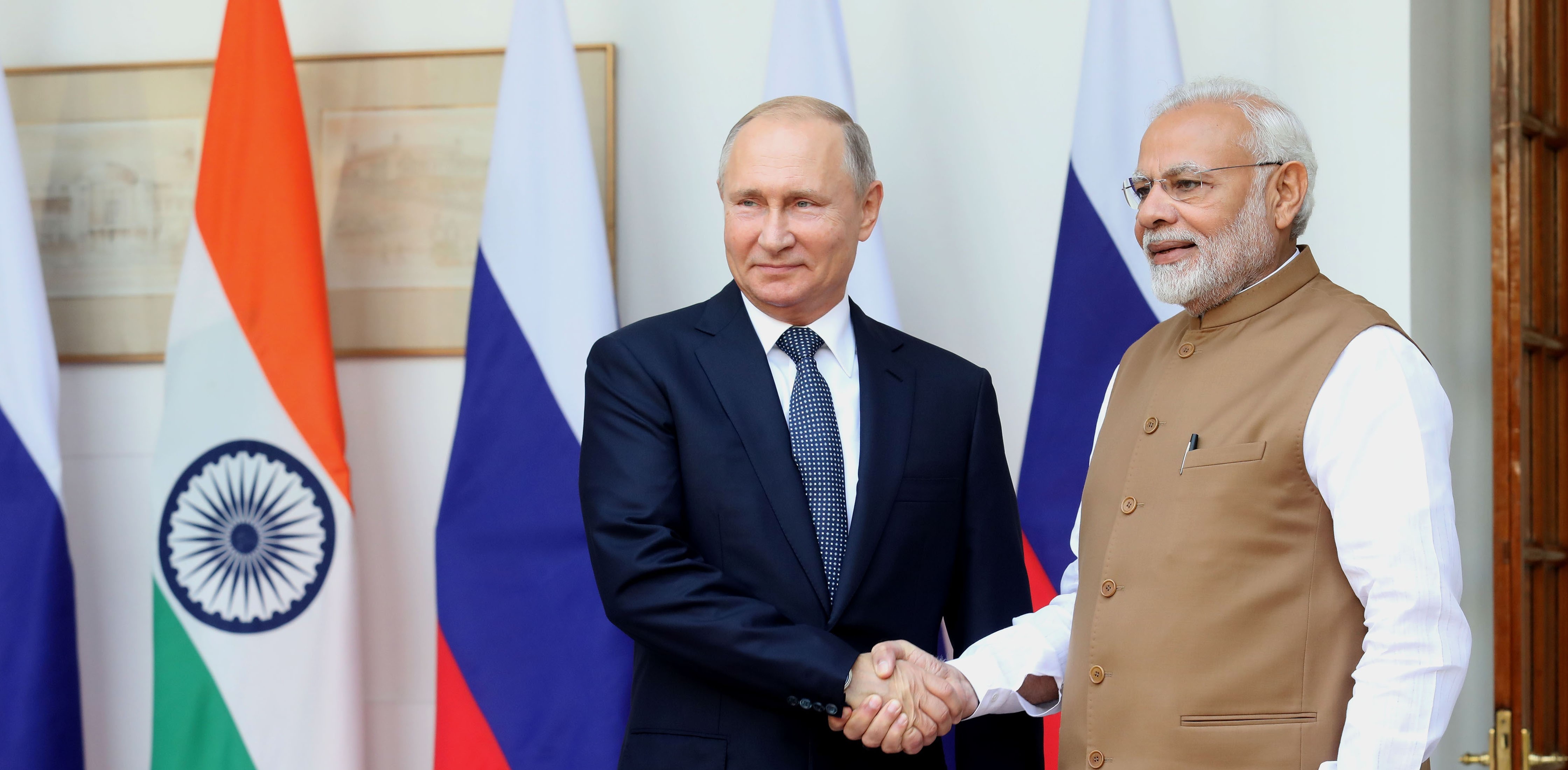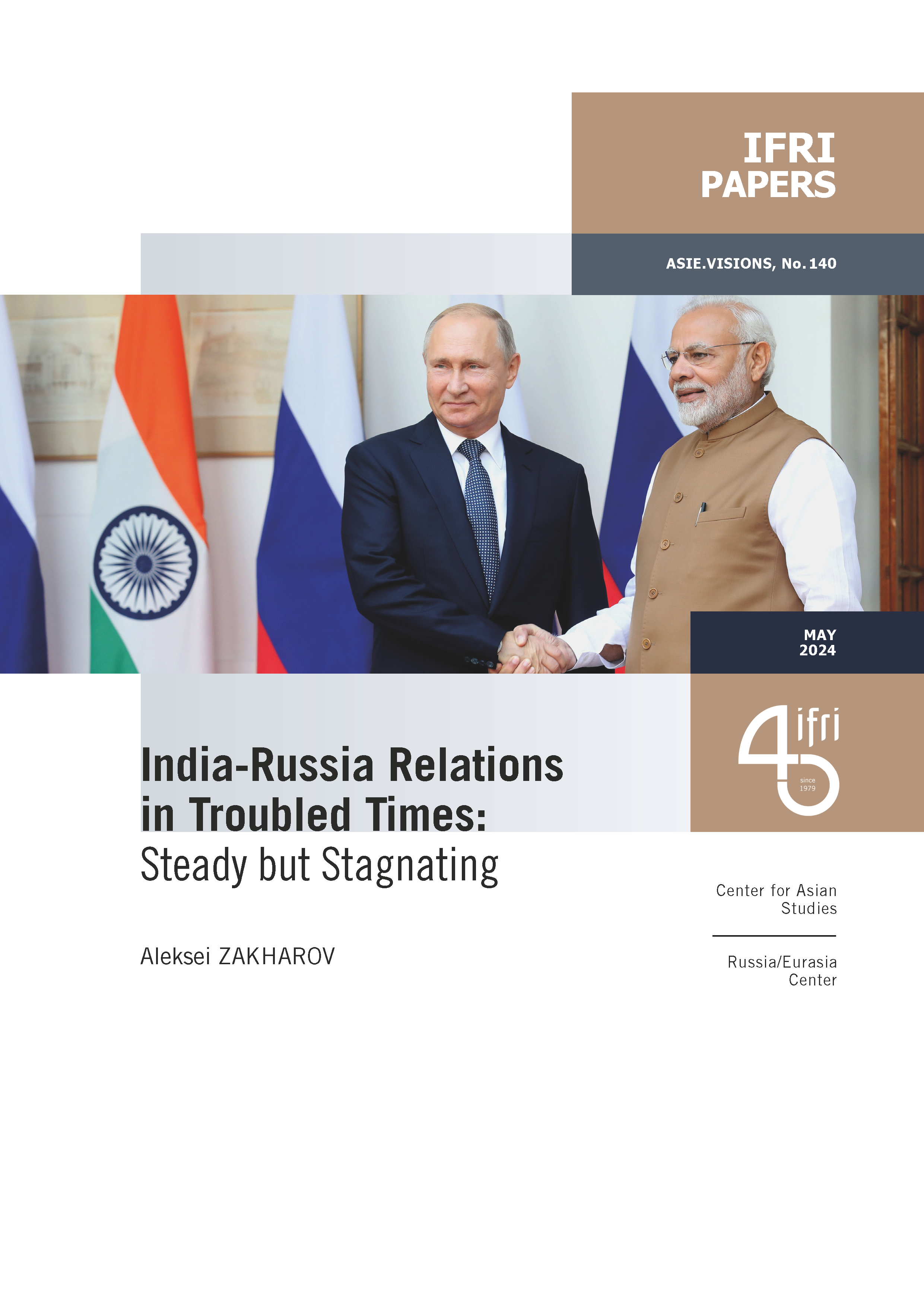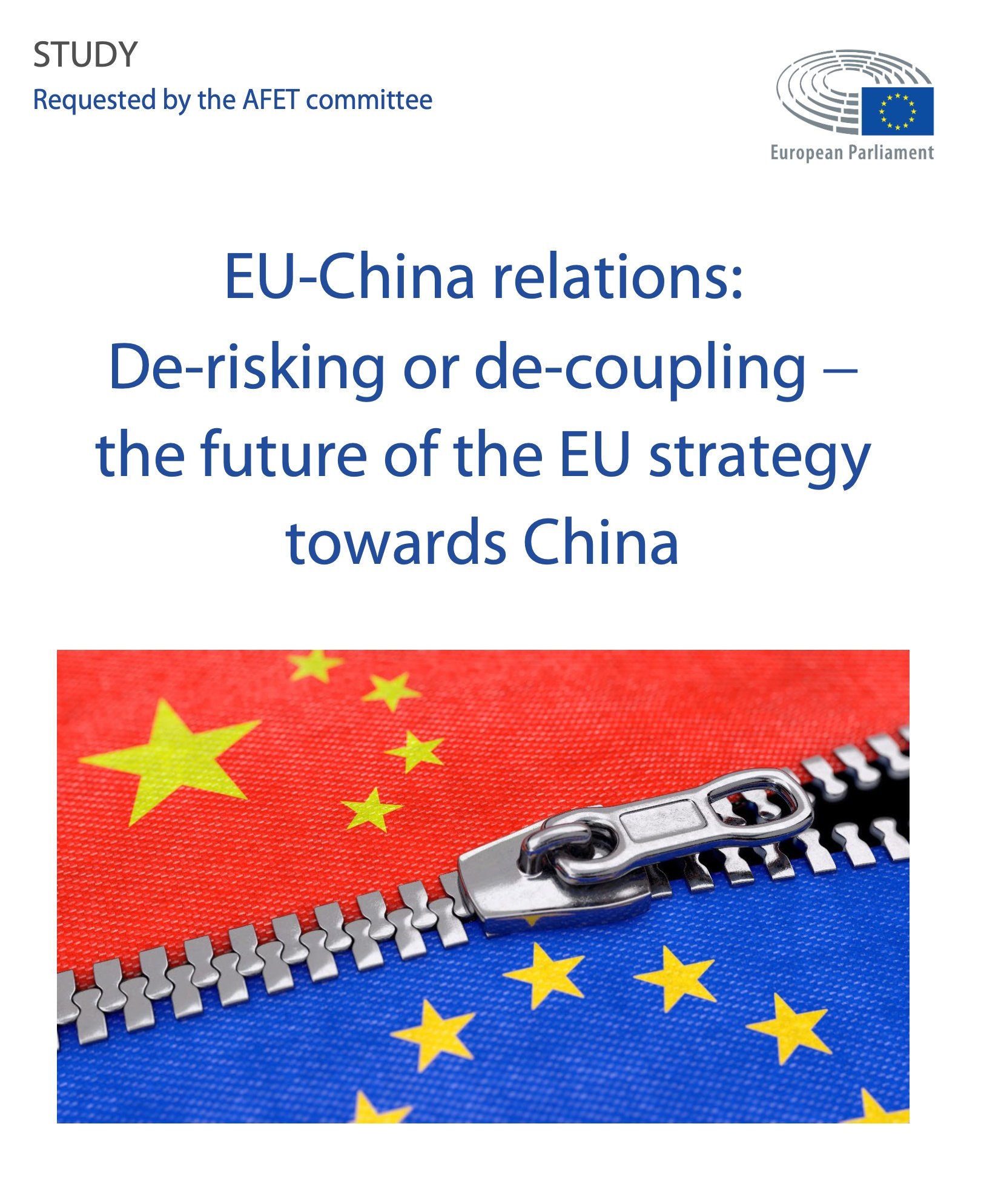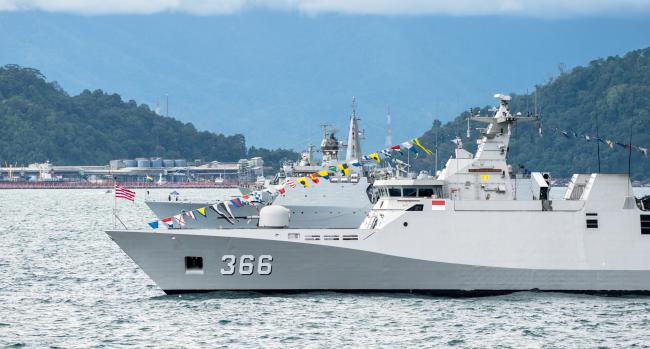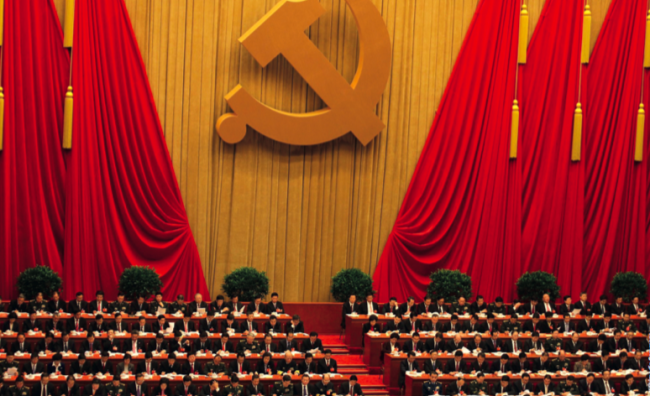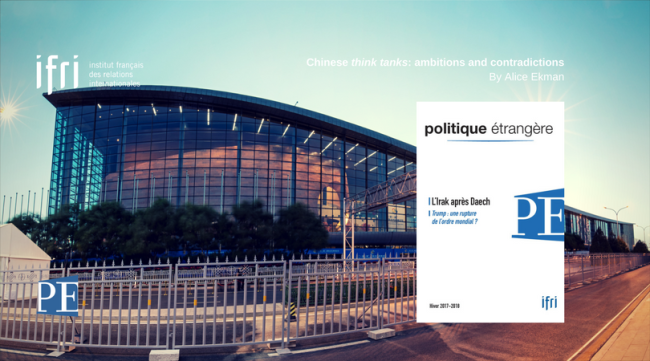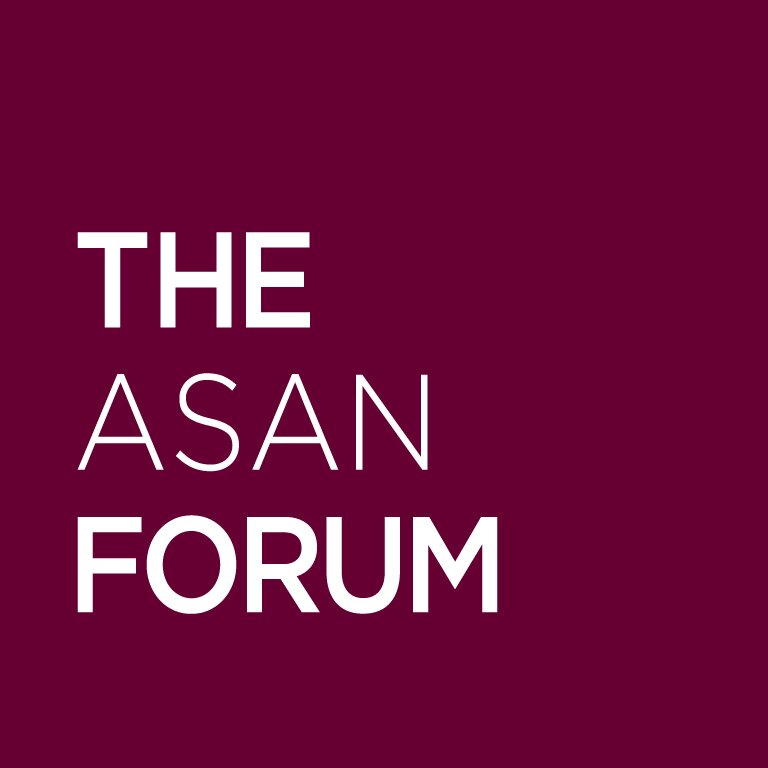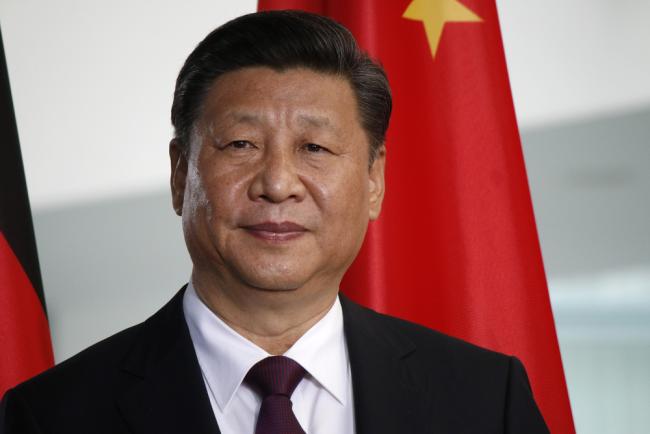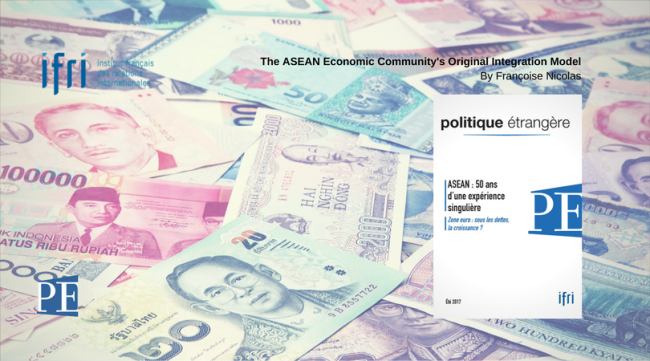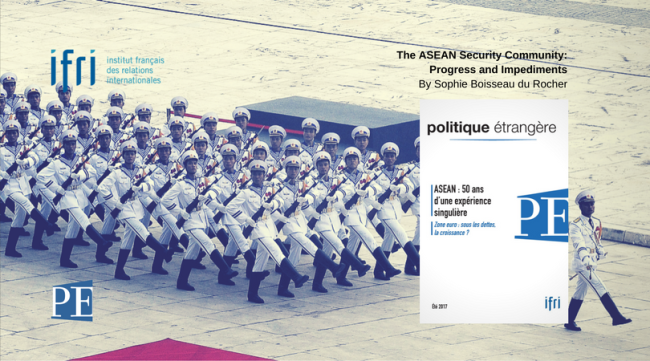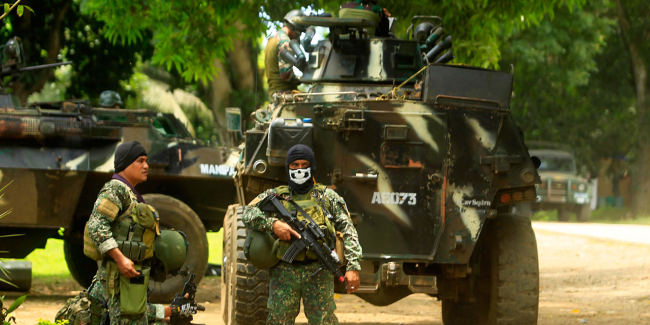Asia and Indo-Pacific
Asia and the Indo-Pacific are often presented as the heart of international relations in the 21st century.
Related Subjects

France and the Philippines should anchor their maritime partnership
With shared interests in promoting international law and sustainable development, France and the Philippines should strengthen their maritime cooperation in the Indo-Pacific. Through bilateral agreements, expanded joint exercises and the exchange of best practices, both nations can enhance maritime domain awareness, counter security threats and develop blue economy initiatives. This deeper collaboration would reinforce stability and environmental stewardship across the region.

Whither Indonesia's Indo-Pacific Strategy?
Indonesia’s Indo-Pacific strategy is driven less by a coherent national strategy than by a choice made due to the lack of alternatives resulting from Indonesia’s domestic and international weaknesses.
Xi Jinping’s Institutional Reforms: Environment over Energy?
During its two sessions (lianghui) in March 2018, the National People’s Congress (NPC) announced China’s most important institutional reforms in the last 30 years. These changes occurred right after Xi Jinping consolidated his power and at a time when stakeholders working in the energy field were expecting more clarity on policy orientations.
The new Mao? China to lift term limits for President Xi Jinping
Does China now have a president for life? China's leader Xi Jinping could stay in power indefinitely following the ruling Communist Party's proposal to scrap term limits.
CPC's 19th National Congress: A Foreign Policy Perspective
As the 19th National Congress is now over, questions about foreign policy implications of China’s leadership reshuffle are raised.
Alice Ekman deciphers the 19th National Congress of the Communist Party of China in foreign policy terms.
Chinese Think Tanks: Ambitions and Contradictions
Since Xi Jinping became president of China, the number of think tanks has considerably increased.
China and the “Definition Gap”: Shaping Global Governance in Words
Increasingly, China’s diplomacy is using key words commonly used by liberal democracies, but the meaning differs greatly. This evolution is changing the terms of the debate without changing a single term.
The ASEAN Economic Community’s Original Integration Model
When it was created 50 years ago, ASEAN's (Association of Southeast Asian Nations) economic ambitions were rather modest. However, up until 1992 it progressively integrated the economies of its member states.
The ASEAN Security Community: Progress and Impediments
The Association of Southeast Asian Nations (ASEAN) strives to deal with security problems in an inclusive and flexible way. In 2003 it established a Security Community which has since expanded through several institutions and partnerships.
Menace islamiste, loi martiale, ... que se passe-t-il aux Philippines?
Philippines' President wants to limit islamist groups' capacity after several attacks in the South of the country.
North Korea's Nuclear Posture: an Evolving Challenge for U.S. Deterrence
A more capable, nuclear-armed, North Korea will pose very substantial challenges to the U.S. deterrence posture.
Support independent French research
Ifri, a foundation recognized as being of public utility, relies largely on private donors – companies and individuals – to guarantee its sustainability and intellectual independence. Through their funding, donors help maintain the Institute's position among the world's leading think tanks. By benefiting from an internationally recognized network and expertise, donors refine their understanding of geopolitical risk and its consequences on global politics and the economy. In 2024, Ifri will support more than 70 French and foreign companies and organizations.








